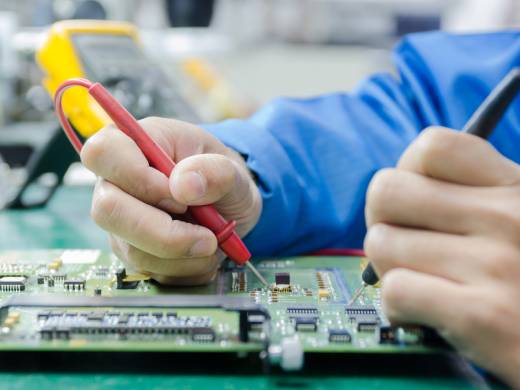
It seems to be so many types of solder out there, choosing which solder to purchase can be confusing.
Actually, solder is also used for plumbing.
And the solder used for plumbing should definitely not be used for electronics as it contains acid!
The main solder types
There are just a few basic points you need to know to understand what solder to choose and what to stay away from.
First of all, solder comes in many forms: pellets, bars, paste and wire. As a hobbyist, you will only need to get acquainted with the solder wire. And maybe the solder paste if you want to do SMD soldering.
There are two main types of solder:
- Lead-based solder
- Lead-free solder
The main practical difference between the two is the melting temperature. So in essence, you can choose whichever you like.
Lead-based solder
Solder based on lead was universally used in the past. It was made of a mixture of tin and lead. Usually a 60/40 (tin/lead) mix, that melts at around 180-190C degrees.
Because lead has some damaging effects to our health, the industry is moving away from lead and towards lead-free solder.
Lead-free solder
Lead-free solder is solder without lead. EU requires commercially available electronics to use lead-free solder (Rohs) because of the health hazards of lead.
It has a higher melting point, so it is a bit harder to work with, but usually not a problem.
The flux core of solder wires
Solder wires usually have a core inside the wire containing flux. Flux is designed to improve electrical contact and mechanical strength in solder joints.
There are mainly two types of flux cores. Acid core and rosin core. Acid core is used for plumbing and rosin core is used for electronics. So use rosin core.
(Side note: A new water-soluble flux core is starting to gain some traction as an alternative to rosin core because it is more environmental friendly.)
Summary
The main types of solder are lead and lead-free. You can use both for electronics, but it can be easier to work with lead-based solder.
Make sure to stay away from acid core solder as this is intended for plumbing, NOT electronics.https://bgpcba.com
